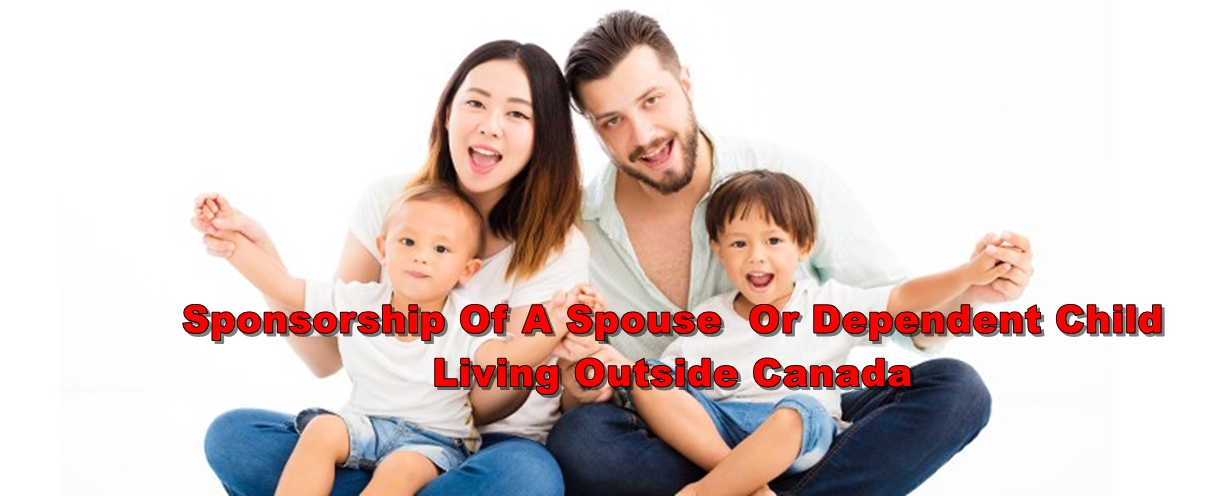

GUIDE 3999 Steps – Sponsorship Of A Spouse, Common-Law Partner, Conjugal Partner Or Dependent Child Living Outside Canada
The Canadian government allows citizens and permanent residents of Canada to sponsor members of the family class, but it requires that arriving immigrants receive care and support from their sponsors.
Members of the family class include a sponsor’s spouse, common-law partner or conjugal partner; a dependent child of the sponsor; the sponsor’s mother or father; a person the sponsor intends to adopt; and other relatives of the sponsor as defined by regulation.
As of October 25, 2012, CIC introduced amendments to the Immigration and Refugee Protection Regulations. The amendments specify that spouses, common-law or conjugal partners who are in a relationship with their sponsor for two years or less and have no children in common with their sponsor at the time of the sponsorship application are subject to a period of conditional permanent residence. The condition requires the sponsored spouse or partner to cohabit in a conjugal relationship with their sponsor for a period of two years after the day on which they became a permanent resident. The conditional measure only applies to permanent residents whose applications are received on October 25, 2012, or after the day that the amendments come into force.
Condition applies if the couple:
Condition does not apply if the couple:
For more information, consult Information for Sponsored Spouses or Partners.
This application guide is designed for Canadian citizens and permanent residents of Canada who are 18 years of age or older and wish to sponsor members of the family class.
When you agree to be a sponsor, you must sign a contract called an undertaking with the Minister of Citizenship and Immigration (or with the Ministère de l’Immigration, de la Diversité et de l’Inclusion[MIDI] if you live in Québec).
The undertaking is a promise to provide financial support for your spouse or common-law partner’s basic requirements and those of his or her dependent children.
Basic requirements are:
This also includes other health care not provided by public health, such as eye and dental care.
The undertaking ensures that these persons and their family members do not have to apply for social assistance. Its length varies according to their age and their relationship to you.
Your obligations as a sponsor begin as soon as the person you are sponsoring and, if applicable, his or her family members arrive in Canada.
You can use this application package to sponsor a spouse, common-law or conjugal partner and dependent children who live outside Canada and meet the requirements defined for members of the family class.
You can sponsor the person as your spouse if your marriage is a legally valid civil marriage. If your spouse is of the:
You can sponsor the person as your common-law partner
You can sponsor a conjugal partner if:
See Conjugal partner definition.
See Family members below.
What are the requirements for becoming a Canadian citizen? To become a Canadian citizen, you…
Writing a letter of invitation doesn’t mean you’re legally responsible for the visitor once they…
As of January 28, 2025, Immigration, Refugees and Citizenship Canada (IRCC) has updated the health…
The Super Visa is a multiple-entry temporary resident visa (TRV), issued with a validity of…
The Super Visa is a multiple-entry temporary resident visa (TRV), issued with a validity of…
If you applied for a new temporary resident visa, or a study or temporary work…